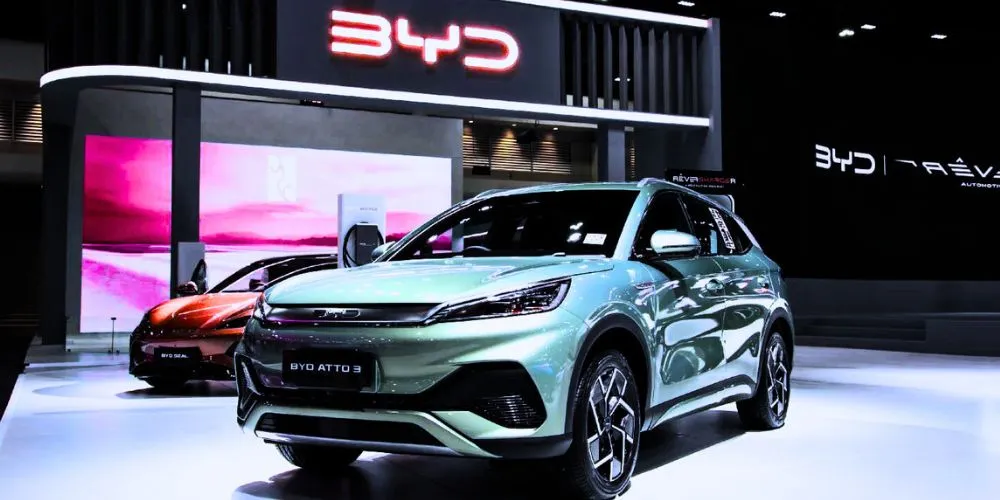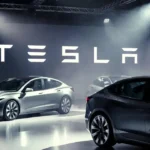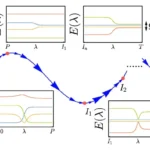Key Points
- BYD sold 4.3 million cars in 2024, with hybrids outpacing battery-only models. Tesla achieved over 600,000 sales in China for the second consecutive year.
- Li Auto and Leapmotor sold a record 500,508 and 300,000 units, respectively. Xiaomi delivered 135,000 SU7 sedans within nine months of launch.
- New energy vehicles accounted for 52.3% of passenger car sales in November 2024.
- Government incentives and subsidies continue to bolster the adoption of new energy vehicles in domestic markets.
Hybrid-powered vehicles are gaining traction over battery-only models in China as consumers increasingly move away from gas-powered cars. BYD, the market leader, reported selling around 4.3 million passenger cars in 2024, nearly 2.5 million of them hybrids. This marks a shift from 2023 when BYD sold more battery-only vehicles than hybrids.
According to data from the China Passenger Car Association, Tesla, a leader in battery-only electric vehicles, is set to sell over 600,000 cars in China for the second consecutive year.
Joe McCabe, CEO of AutoForecast Solutions, noted that while the Chinese market for battery-electric vehicles continues to grow, its momentum may slow in the coming years. He predicts continued demand for internal combustion engine-based vehicles, including hybrids, through 2031. Li Auto, a key competitor to Tesla, achieved record sales of 500,508 vehicles in 2024, most of which include fuel tanks for extended battery range.
Leapmotor, a Chinese partner of Stellantis, delivered nearly 300,000 cars in 2024 and aims to increase this to 500,000 in 2025. Other Chinese electric carmakers focusing on battery-only models reported lower full-year sales. Zeekr sold 222,123 units, while Nio and Xpeng sold 221,970 and 190,068, respectively. Both Nio and Xpeng included figures from their lower-priced brands, introduced in the latter half of 2024.
Competition intensified with Xiaomi’s entry into the market. The tech giant launched its SU7 electric sedan in March, delivering over 135,000 units by December and setting a target of 300,000 deliveries in 2025. Zeekr aims for 320,000 deliveries in 2025 after narrowly missing its 2024 goal of 230,000.
China’s push for new-energy vehicles, including hybrids and battery-only models, reached a milestone in mid-2024. Over half of all passenger cars sold in July fell into this category. By November, the penetration rate stood at 52.3%, up from 36% in July 2023. Government incentives, subsidies, and easier licensing in cities like Beijing continue to drive adoption, fostering the growth of domestic players over foreign brands.





